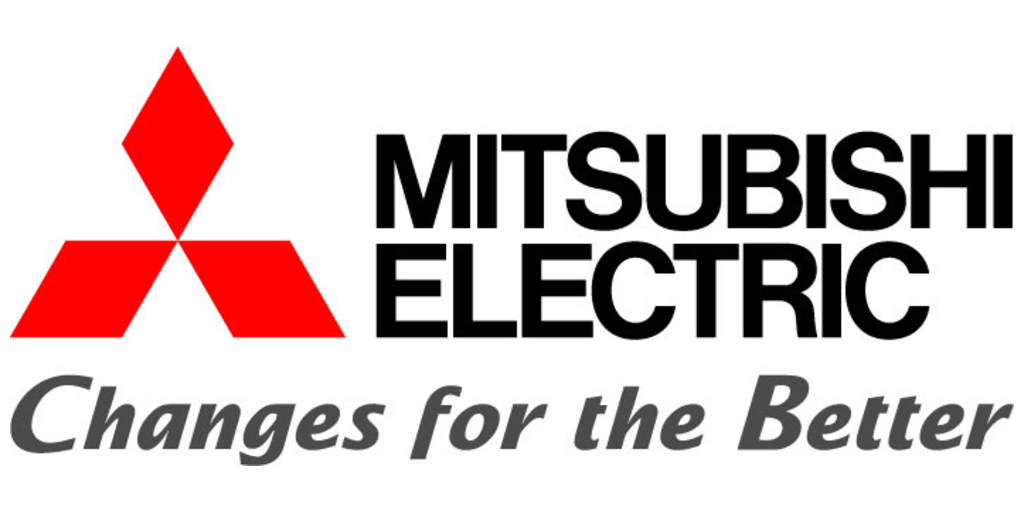For many venture capitalist firms, investing in start-ups helps provide pathways to novel solutions. Venture capital firm Ninepointfive centers its business philosophy on investing in corporate spin-offs and start-ups that create technology that can change the global supply chain landscape. That focus led it to MakerVerse, a company that connects industrial buyers and engineers to hundreds of vetted manufacturing suppliers.
McKinsey’s Jerome Königsfeld and Christian Jansen sat down with Paul van Emmerick, founding partner of Ninepointfive, and Dr. Markus Seibold, CEO of MakerVerse, to discuss the benefits of bringing together a venture capitalist mindset with expertise in advanced manufacturing. Van Emmerick shares his approach to scaling up a business and the attributes of a promising investment, while Seibold discusses MakerVerse’s inception, the company’s operating model, and the goals it has as it scales.
Key insight #1: Investing in spin-offs allows companies to innovate quickly while providing start-ups with advantages and resources.
Jerome Königsfeld: What is the investment thesis of Ninepointfive?
Paul van Emmerick: Ninepointfive invests in corporate-backed spin-offs and start-ups. These start-ups have distinct expertise and assets, and our work alongside corporate partners provides them better access to technology and customers—which traditional start-ups may struggle to get—so they can achieve larger scale and success to accelerate their business-building capabilities. Investing in corporate start-ups is becoming increasingly common as more companies engage in start-up activities through various models, such as corporate venture capital or venture factories. These investments require both internal and external sources to drive business building and prioritize or filter ideas from various sources, such as business unit-sponsored ideas, cross-business unit initiatives, or employee-driven ideas.
By leveraging the strengths of both start-ups and corporates, we can create a win–win situation, in which start-ups receive the support they need to thrive and corporates benefit from the innovation, speed, and growth potential of these start-ups.
Christian Jansen: How does Ninepointfive support start-ups?
Paul van Emmerick: Besides providing a check, we contribute to start-ups’ success by helping them build out critical functions. For example, we help them hire quality talent so they can bring in individuals with different perspectives and expertise to gather fresh ideas and diverse skill sets. We also help be a supportive presence for the founders. Building a start-up can be lonely for founders, so having someone who can provide guidance and support can make a big difference.
Key insight #2: Constant engagement with corporate executives helps to identify promising candidates for investment.
Jerome Königsfeld: How do you screen the market for opportunities and identify the most promising candidates?
Paul van Emmerick: We constantly engage with C-level executives to understand their strategic priorities and early spin-out opportunities. And if an opportunity arises, we help them assess its viability as an independent strategy. We mainly look for opportunities with start-ups in sectors that address challenges in global supply chains, where technology can play a meaningful role. Three types of companies are most compelling to us: business-to-business software-as-a-service companies that specialize in logistic supply chain and manufacturing; business models that have generated proof of concept in another region, such as the United States, that we can then bring to the European sphere; and companies that work with major European players or midsized companies that are category leaders in their niche. We look for start-ups with excellent founder teams, typically with a Pan-European presence, that are hands-on in their approach.
Jerome Königsfeld: What made you decide to invest in MakerVerse?
Paul van Emmerick: MakerVerse has an outstanding and diverse team, and their leadership team was determined to achieve their vision. They’re tapping into the burgeoning market of on-demand manufacturing, and the founding team had already validated the concept with core players in the industry, so we trusted that the new platform would get customer traction fast. Also, the timing was right. We recognized that their innovative platform approach will help companies make their supply chains more resilient, which is top of mind for most executives.

Key insight #3: Corporate backers accelerate product development and generate market traction.
Christian Jansen: What is the business model of MakerVerse, and what inspired you to build it?
Dr. Markus Seibold: When I worked at Siemens Energy, our global additive manufacturing team of a couple of hundred people became more and more specialized, limiting access to 3-D printing to only a small group of people in the company. I wanted to find a business model that would make 3-D printing available to all employees so we could have a greater impact. MakerVerse was inspired by that desire.
With MakerVerse, we wanted to create the leading platform for on-demand manufacturing that connects industrial users to hundreds of producers to allow for rapid and easy access to all relevant manufacturing technologies that can suit all kinds of creative needs. At first, we validated and pitched the business idea and highlighted the synergies with the core business of Siemens Energy. The positive early customer feedback encouraged me to think even bigger and to offer the platform not only to Siemens Energy employees but also to every corporation that needs on-demand manufacturing. We decided to spin out the business and gained corporate investors, Siemens Energy and ZEISS, and venture capitalist funds, including Ninepointfive, as early backers.
Our goal now is to reduce capital expenditure and provide companies with access to not just 3-D printing but also the full range of manufacturing technologies, such as CNC [computer numerical control] machining and injection molding. We aspire to become the standard for ordering on-demand manufactured parts and to be core to the supply chain of our customers, from start-ups to blue chips.
Jerome Königsfeld: How did you turn your idea of an on-demand manufacturing platform into reality?
Dr. Markus Seibold: We started with a low cost commitment and focused on developing our first minimum viable product. We created mock-ups to visualize what the product would look like, gathered early customer feedback, and started building the product. Within two months, we created our first version of the platform, and after three months, we held our first event onboarding initial customers.
The initial platform could deliver only the two core benefits of the platform: automated pricing and ordering. As the entrepreneur Reid Hoffman said, “If you’re not embarrassed by the first version of your product, you’ve launched too late.” Regardless, it was sufficient to begin creating customer value. We then shifted to focus on sales and marketing efforts to promote the product. From there, we iteratively developed and improved the platform based on customer feedback.
We’ve been successful because of the talented members of our founding team and engineering team; talent like this will also help us to grow in the future.
Jerome Königsfeld: Paul, in addition to the seed funding, you also led the €10 million Series A funding round for MakerVerse. What made you invest again?
Paul van Emmerick: We saw our investment thesis proved in MakerVerse. MakerVerse developed its product faster than any other player in the market using the engineering expertise it inherited from its corporate backers. The follow-up investment demonstrated the faith we have in the team and the platform. Also, positive customer traction, both in terms of value and actual numbers, proved that MakerVerse was a good investment. We recognized the long-term value of the company; the core elements needed to succeed—an excellent team and the unique technology—were in place.
Key insight #4: AI helps to automate and personalize customer interactions when scaling a business.
Jerome Königsfeld: What role does AI and generative AI [gen AI] play in MakerVerse’s business model?
Dr. Markus Seibold: AI is at the heart of our product. We used AI to develop a state-of-the-art pricing engine that analyzes millions of data points in real time and provides an automated quote for all orders, even for a basket of parts. The AI helps create a seamless customer experience and allows customers to buy desired parts with a few clicks.
Our data science team developed a pricing engine that compiles millions of parts, geometries, and pricing combinations. A digital description of the part helps the model predict a price in seconds. We continuously learn from orders to optimize our pricing algorithm. We are expanding the application of gen AI further to better capture customer requirements automatically and match those requirements with the right production partner in our global network. In addition, we also embrace AI capabilities across business functions and use gen AI to help us create tailored content for our different marketing channels.




